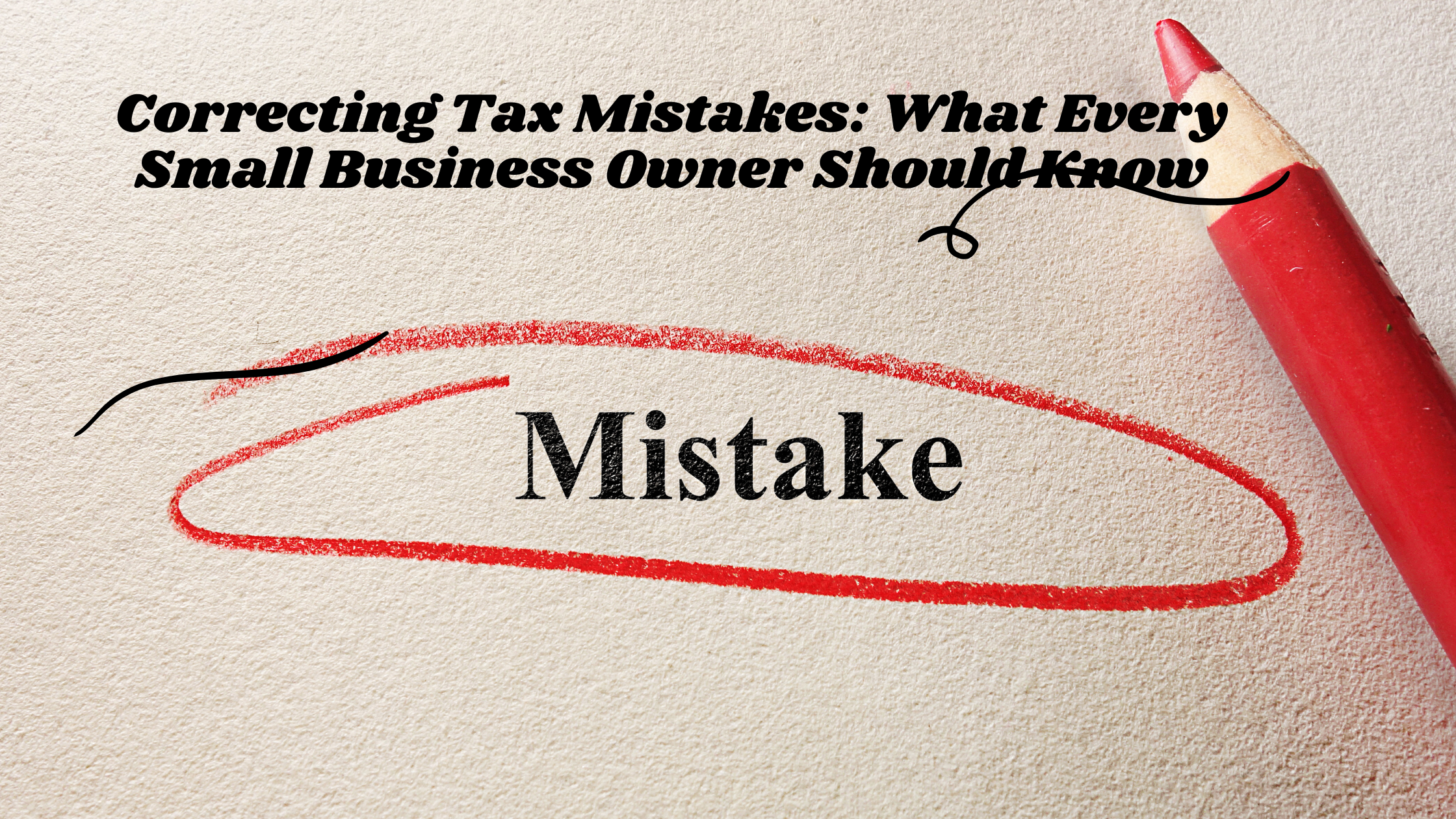Farms include plantations, ranches, ranges and orchards and farmers may raise livestock, poultry or fish, or grow fruits or vegetables. If you’re in the farming business or are thinking about it, here are ten things you should know about farm income and expenses.
1. Crop insurance proceeds. Insurance payments from crop damage count as income. Generally, you should report these payments in the year you get them.
2. Deductible farm expenses. Farmers can deduct ordinary and necessary expenses they paid for their business. An ordinary expense is a common and accepted cost for that type of business. A necessary expense means a cost that is appropriate for that business.
3. Employees and hired help. You can deduct reasonable wages you paid to your farm’s full and part-time workers. You must withhold Social Security, Medicare, and income taxes from their wages.
4. Sale of items purchased for resale. If you sold livestock or items that you bought for resale; you must report the sale. Your profit or loss is the difference between your selling price and your basis in the item. The basis is usually the cost of the item. Your cost may also include other amounts you paid such as sales tax and freight.
5. Repayment of loans. You can only deduct the interest you paid on a loan if the loan is used for your farming business. You can’t deduct interest you paid on a loan that you used for personal expenses.
6. Weather-related sales. Bad weather such as a drought or flood may force you to sell more livestock than you normally would in a year. If so, you may be able to delay reporting a gain from the sale of the extra animals.
7. Net operating losses. If your expenses are more than income for the year, you may have a net operating loss. You can carry that loss over to other years and deduct it. You may get a refund of part or all of the income tax you paid in prior years. You may also be able to lower your tax in future years.
8. Farm income averaging. You may be able to average some or all of the current year’s farm income by spreading it out over the past three years. This may lower your taxes if your farm income is high in the current year and low in one or more of the past three years.
9. Fuel and road use. You may be able to claim a tax credit or refund of excise taxes you paid on fuel used on your farm for farming purposes.
10. Farmers Tax Guide. Publication 225, Farmer’s Tax Guide, is a useful resource that you can obtain from the IRS. However, if you have specific questions, don’t hesitate to call today and get the tax benefits you deserve.





